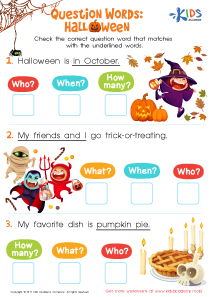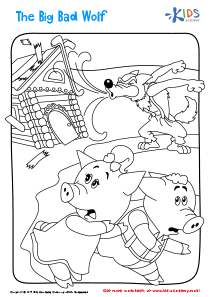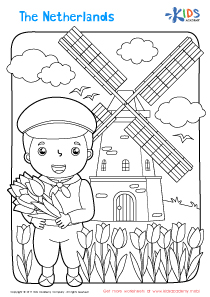Number Recognition Extra Challenge Coloring Pages Worksheets for Ages 4-8
3 filtered results
-
From - To
Discover our engaging "Number Recognition Extra Challenge Coloring Pages Worksheets" designed for children ages 4-8! These vibrant, interactive worksheets combine fun coloring activities with essential number recognition skills. Perfect for enhancing early math abilities, each page encourages young learners to identify numbers while expressing their creativity. With a variety of challenging prompts, kids can practice counting, number tracing, and form connections between numerals and quantities. Ideal for classroom use or at-home practice, these worksheets make learning numbers enjoyable andInteractive. Fuel your child's love for learning with our thoughtfully crafted resources that foster foundational math skills in a colorful, engaging way!
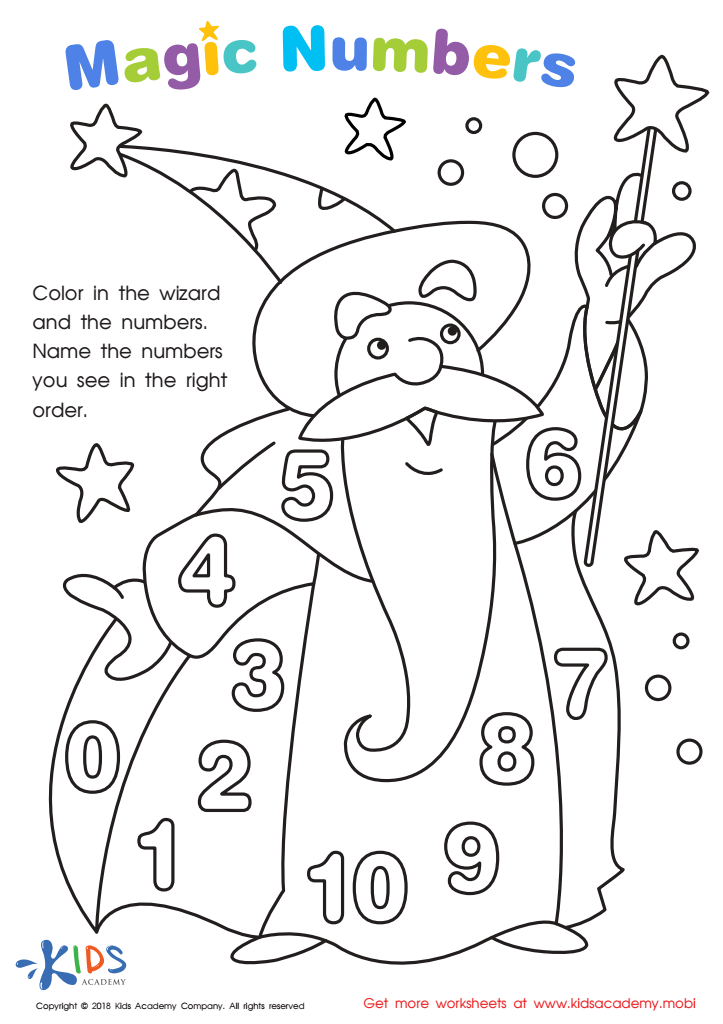

Magic Numbers Worksheet
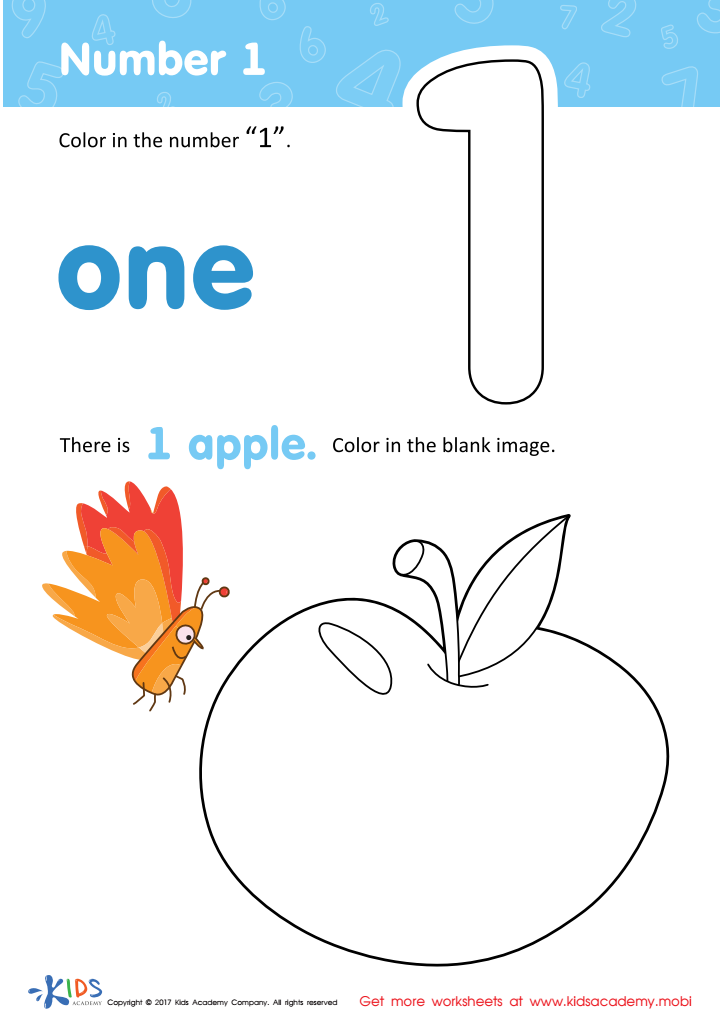

Number 1 Printable
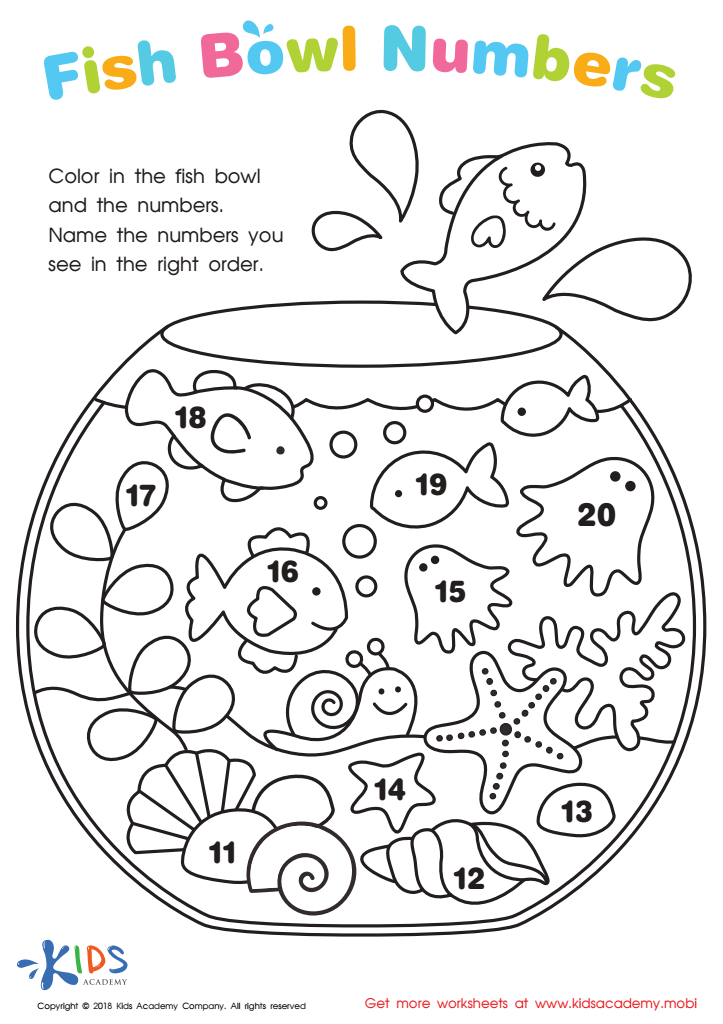

Fish Bowl Numbers Worksheet
Number recognition is a foundational skill for young children, forming the basis for future mathematical understanding and literacy. Number Recognition Extra Challenge Coloring Pages for ages 4-8 are a fantastic resource for parents and teachers, as they combine fun and education, making learning more engaging.
These coloring pages not only help reinforce number recognition but also promote fine motor skills as children color, trace, and interact with numbers in a creative way. By using extra challenge pages, parents and teachers can cater to varying skill levels, offering more challenging activities to advanced learners while ensuring that slower learners are not left behind. This differentiation is crucial for developmental growth.
Additionally, these pages can support cognitive development by encouraging critical thinking and problem-solving when children figure out how to color within lines or choose colors for numbers. Parents can use this opportunity to engage in discussions about numbers, counting, and the world around them, fostering a love for learning.
Ultimately, Number Recognition Extra Challenge Coloring Pages serve as a multifunctional tool that promotes number literacy, creativity, and motor skills, making it essential for parents and teachers to incorporate them into early education strategies.

 Assign to My Students
Assign to My Students











